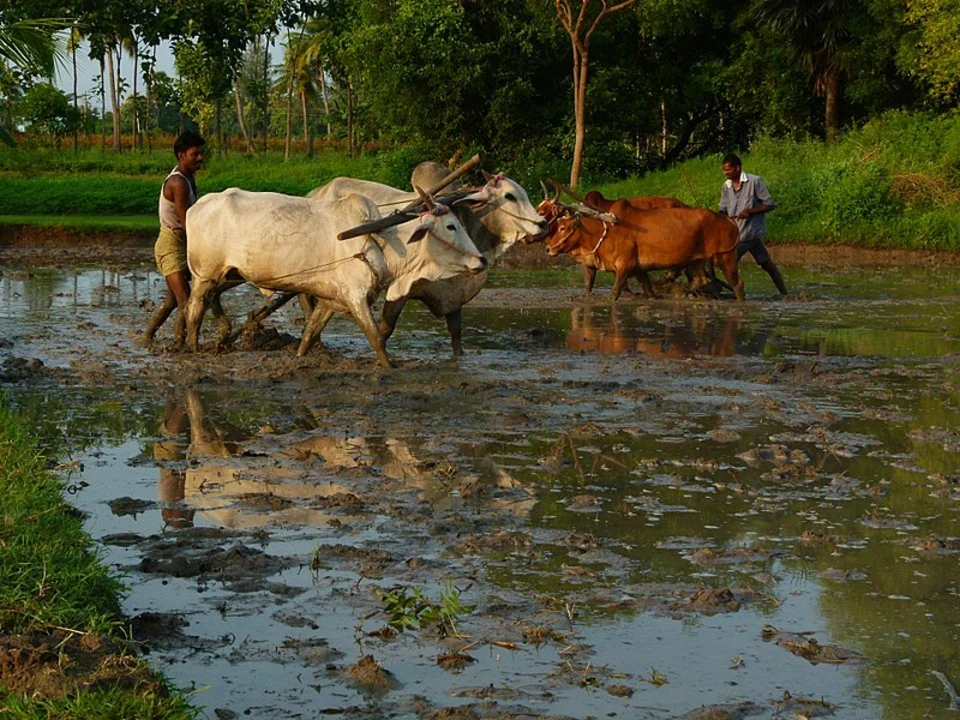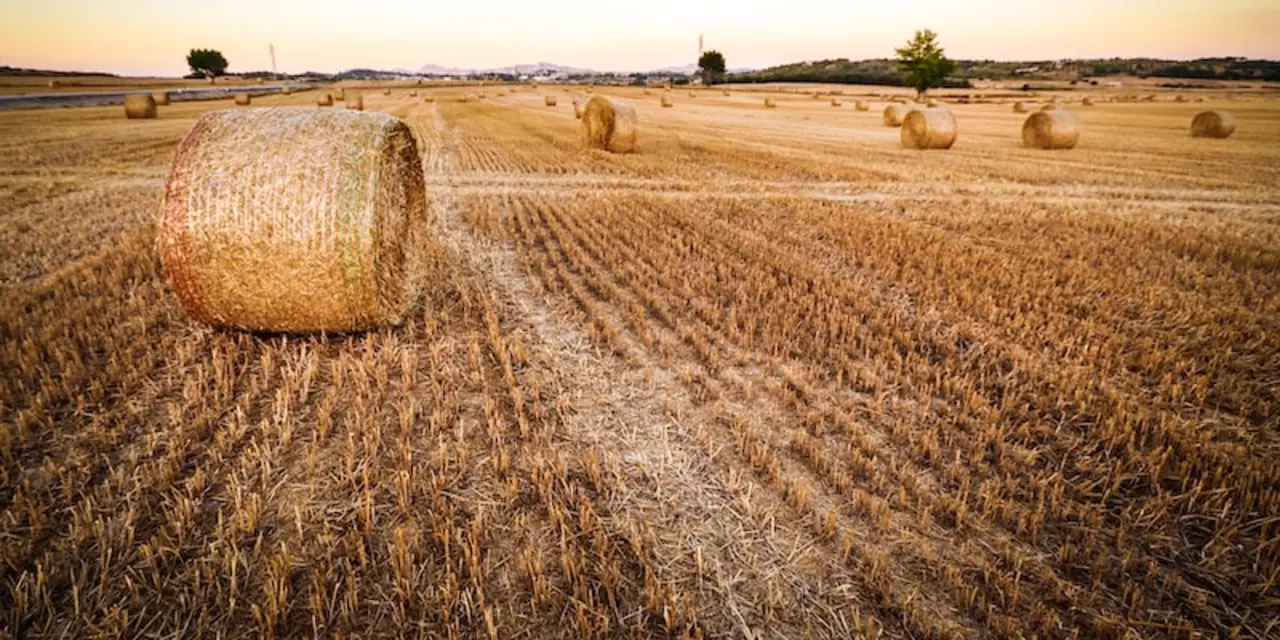What is meant by puddling in agriculture?
Puddling in agriculture is the process of creating a pool of water in a field. This is done by ploughing the soil and then repeatedly walking back and forth to create a puddle. Puddling is mainly done to improve drainage and aeration in the soil, allowing crop roots to access oxygen and nutrients more easily. Additionally, it helps to break down hard soil, making it easier for planting and harvesting. Puddling has also been known to increase crop yields in certain areas, as well as reduce soil erosion. Puddling is an important tool for farmers, especially in areas with poor soil quality or high levels of soil compaction.
-
Apr, 14 2023
-
0 Comments


